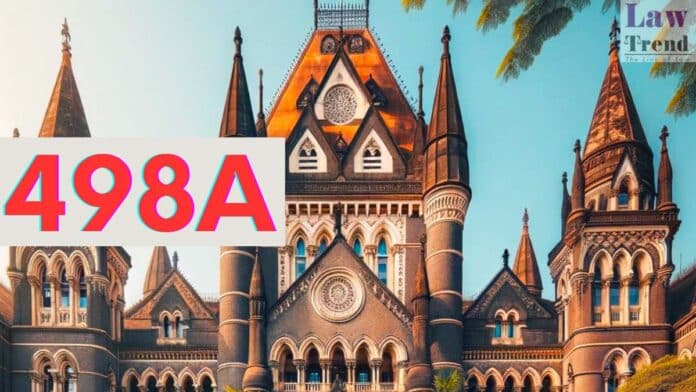The Bombay High Court, in a significant ruling, has clarified that the limitation period for taking cognizance of an offence under Section 498-A of the Indian Penal Code (IPC) begins from the last act of cruelty. The decision was pronounced by a division bench comprising Justice Vibha Kankanwadi and Justice Rohit W. Joshi in Musin
To Read More Please Subscribe to VIP Membership for Unlimited Access to All the Articles, Download Available Copies of Judgments/Order, Acess to Central/State Bare Acts, Advertisement Free Content, Access to More than 4000 Legal Drafts( Readymade Editable Formats of Suits, Petitions, Writs, Legal Notices, Divorce Petitions, 138 Notices, Bail Applications etc.) in Hindi and English.




